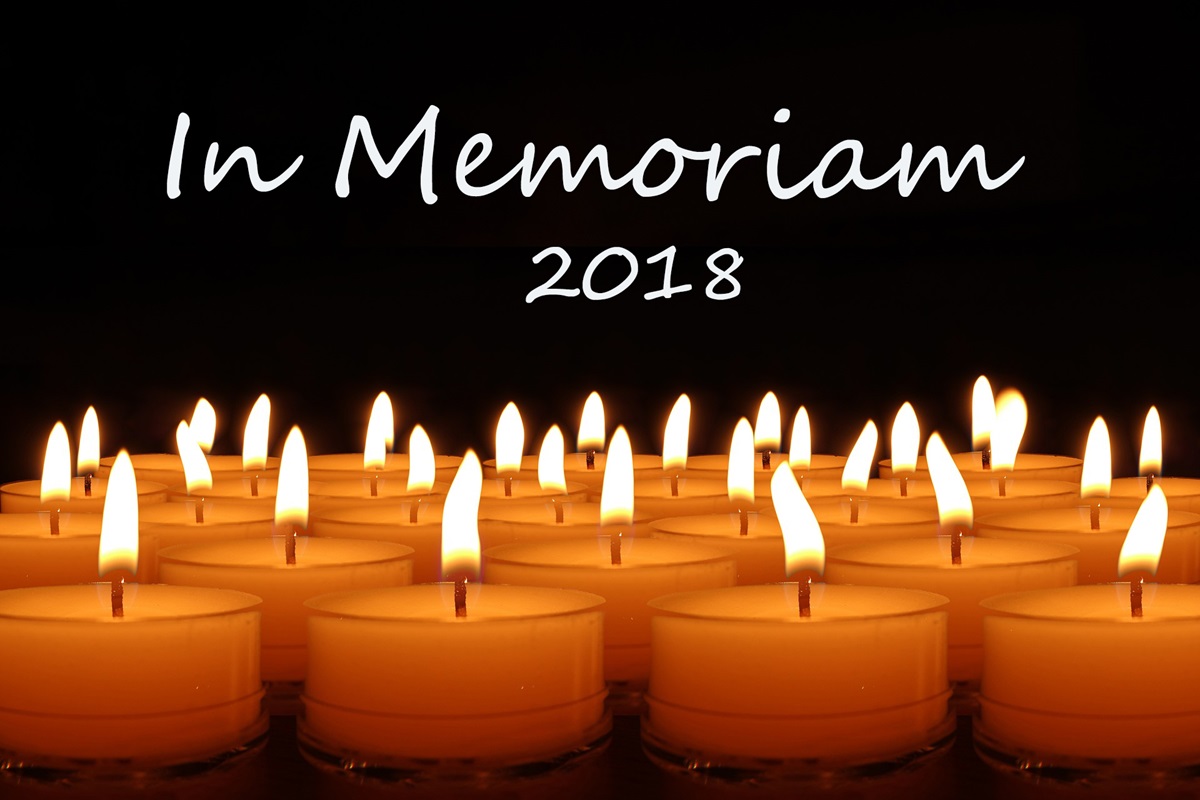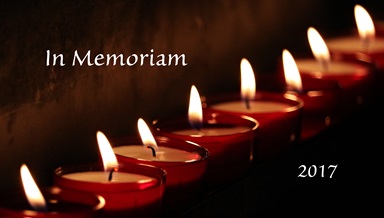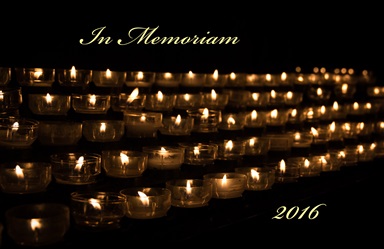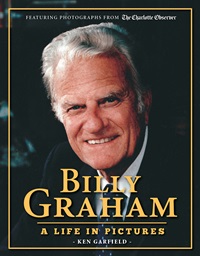Here are 17 remembrances, listed in order of date of death. This list includes two deaths late last year.
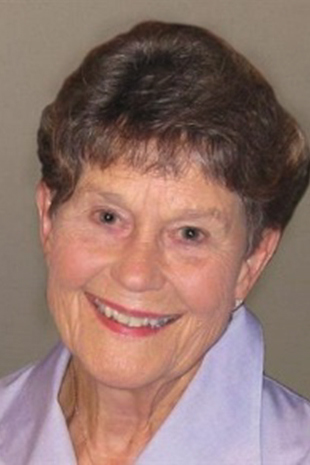
Jean Weaver Stevens Stockton
Photo courtesy of the Council of Bishops.
Jean Weaver Stevens Stockton, the daughter of a Baptist pastor and wife of a United Methodist bishop, was frequently on the move — and she had a gift for movement.
She accompanied her husband of 64 years, Bishop Thomas Barber Stockton, as he took on pastoral appointments across North Carolina and served as episcopal leader of the Virginia Conference from 1988 to 1996.
She also loved to dance, and as a graduate student, she supported her husband in seminary by teaching dance classes. For Stockton, dancing was an act of Christian devotion. She was a pioneer in liturgical dance, bringing inspiration to worship services and teaching the sacred art to others. She also was an accomplished Bible teacher.
She died Nov. 11, 2017, at 87, but the United Methodist Council of Bishops celebrated her legacy at a memorial service this year. Retired Bishop Ray W. Chamberlain Jr. said her Baptist father, who disapproved of dancing, never saw his daughter perform. However, many others did.
“Jean Stockton danced to the glory of God thousands of times all over the world,” Chamberlain said. “She was still dancing in her mid-80s.”
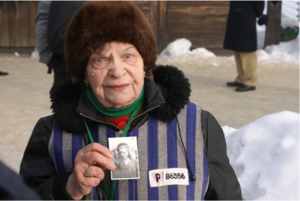
Jadwiga Bogucka-Regulska
Photo courtesy of The United Methodist Church in Central and Southern Europe
Jadwiga Bogucka-Regulska
Jadwiga Bogucka-Regulska, a faithful and committed United Methodist, was one of the last survivors of the infamous Auschwitz-Birkenau Nazi concentration camp. She died on Dec. 19, 2017, in Warsaw, Poland, at the age of 92.
On Aug. 12, 1944, during the Warsaw Uprising, she and her mother were arrested and taken to Auschwitz-Birkenau along with about 4,000 other women and children. Bogucka-Regulska joined the Methodist Church just after World War II. She was a member of Good Shepherd United Methodist Church in Warsaw for decades and served as secretary at the headquarters of The United Methodist Church in Poland from 1959 to 1983.
“She was always ready to encourage others to follow Christ,” said the Rev. Andrzej Malicki, superintendent of The United Methodist Church in Poland. “She was always ready to help others even when she herself needed some help.”
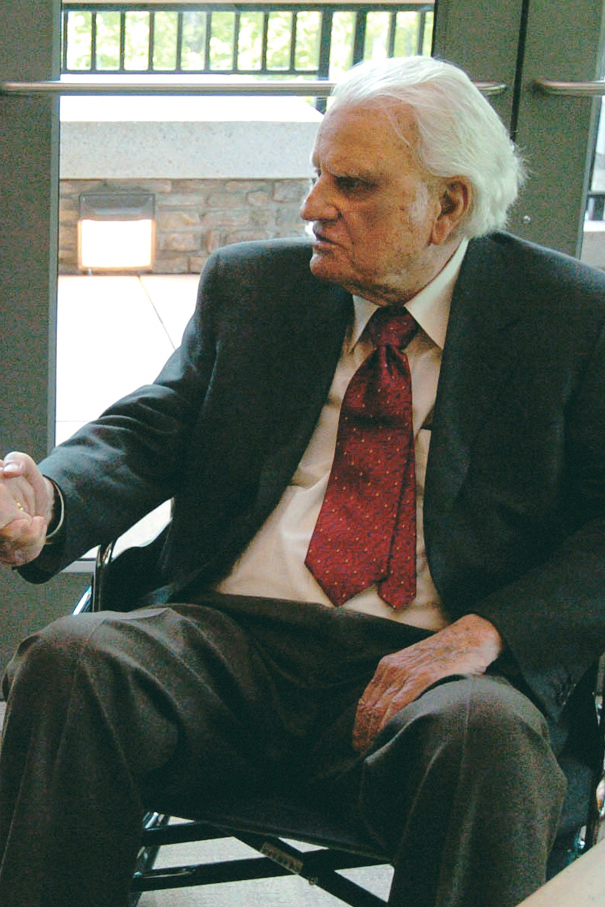
Billy Graham
Photo courtesy of Triumph Books/The Charlotte Observer.
Billy Graham
The world-renowned evangelist offered counsel to U.S. presidents and drew countless people to Christian discipleship through his televised revival crusades. Throughout his public ministry, Billy Graham transcended denominational boundaries.
United Methodists were among those who worked closely with the lifelong Baptist in his evangelism efforts. The United Methodist Association of Evangelists gave one of its first Philip Awards to Graham in 1976. Graham also was a close friend of the late Harry Denman, one of Methodism’s best-known lay evangelists.
Graham died Feb. 21 at his North Carolina home, of natural causes, his family reported. He was 99.
“No voice or message in the past half century has been more powerful and faithful in pointing clearly to Christ,” said the Rev. Eddie Fox, retired leader of World Evangelism for the World Methodist Council and one of many United Methodists who knew Graham.
“He spoke in the plain language of the common person and at the same time was at home with presidents and world leaders.”
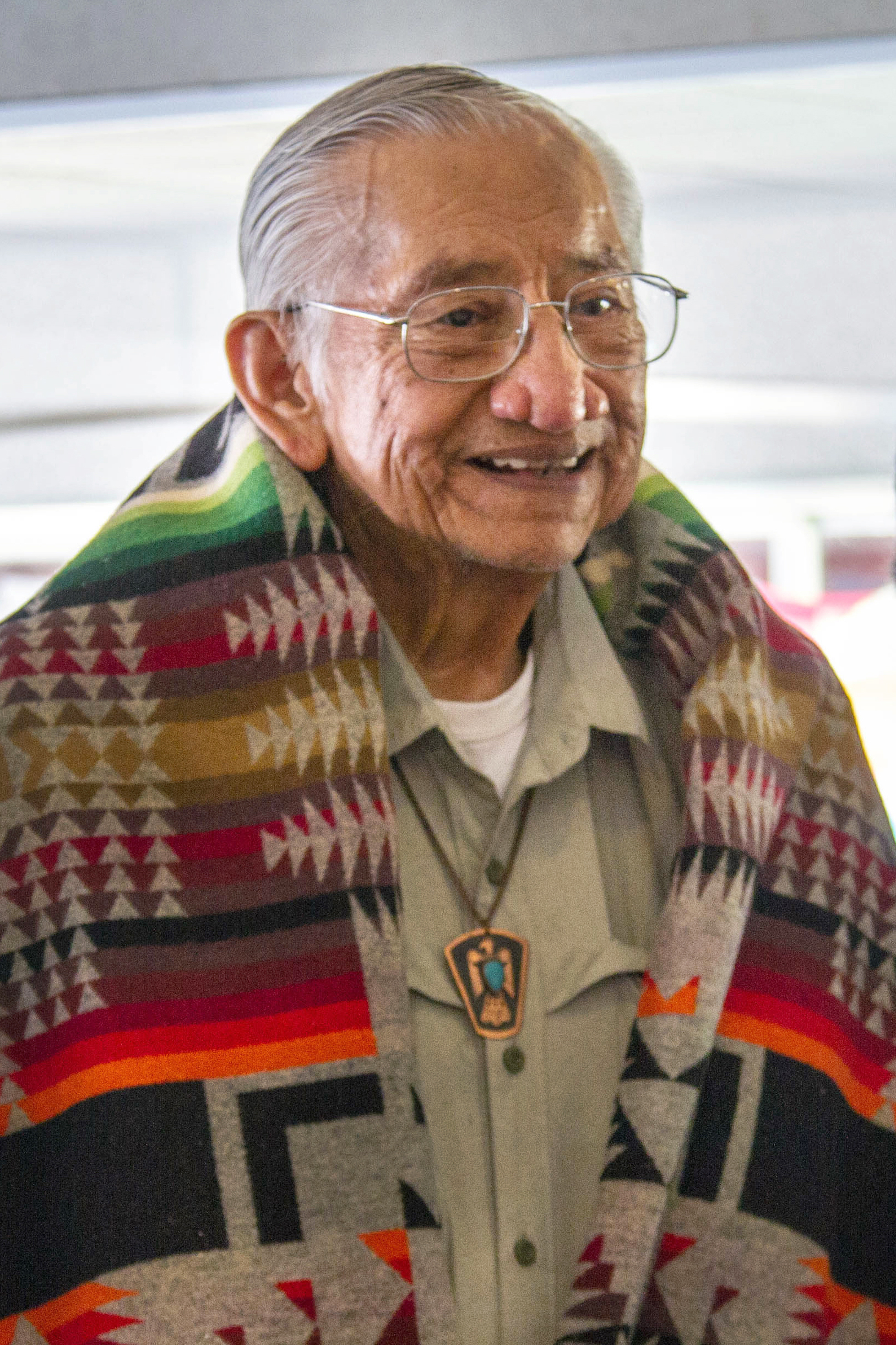
The Rev. Homer Noley
Photo by Ginny Underwood, UMNS
The Rev. Homer Noley
The Rev. Homer Noley, a member of the Choctaw Nation, blazed a trail for Native American ministries in The United Methodist Church. The founder of the National United Methodist Native American Center died March 2 in Oklahoma City at age 85.
For nearly 40 years, Noley worked for the inclusion of Native Americans at all levels of the denomination. His book “First White Frost,” which documented the activities of Methodist missionaries with Native Americans from the 1600s to the modern day, continues to be a resource for churches.
He also co-wrote “A Native American Theology,” known as the first book to articulate a comprehensive and systemic Christian theology through a Native American point of view.
“Among the many gifts of the Rev. Noley was his passion for the inclusion and recognition of what Native Americans have to offer to the whole church,” said the Rev. David Wilson, Oklahoma Indian Missionary Conference superintendent.
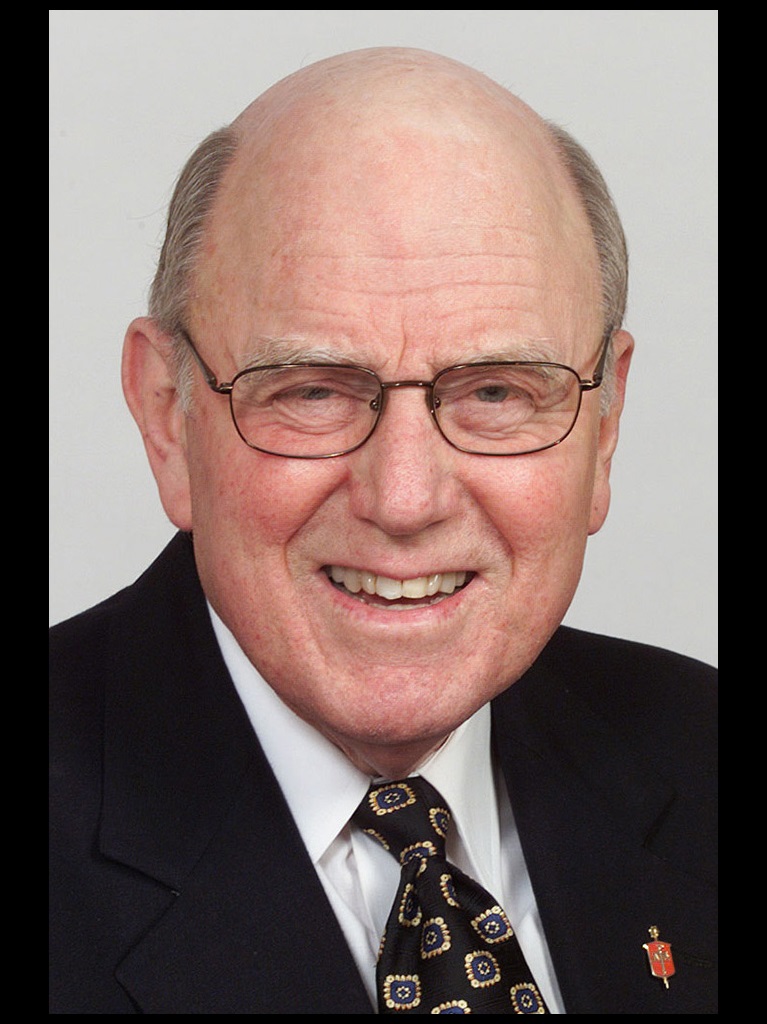
Bishop L. Bevel Jones III
Photo by Mike DuBose, UMNS.
Bishop L. Bevel “Bev” Jones III
Bishop L. Bevel “Bev” Jones III loved to talk to people across the church and across denominations. His love of conversation often made him late for annual conference worship.
He was gregarious but also principled. In 1957, he and some fellow white ministers in Atlanta called for racial reconciliation as resistance to school desegregation mounted across the South — an act still remembered in the city and beyond.
During his ministry, he led large North Georgia Conference churches in LaGrange (where he also taught at United Methodist-affiliated LaGrange College), Atlanta, Decatur and Athens. Jones found time to do weekly broadcasts on Atlanta radio, and regularly wrote for the Wesleyan Christian Advocate, the North Georgia Conference newspaper. Elected to the episcopacy by the Southeastern Jurisdictional Conference in 1984, Jones for the next 12 years led the Western North Carolina Conference.
Jones died March 6, at age 91, of complications from dementia.
“He used himself up with his passion for Christ and his faith in God and his love of people — those three things,” said the Rev. David Bevel Jones, his son.
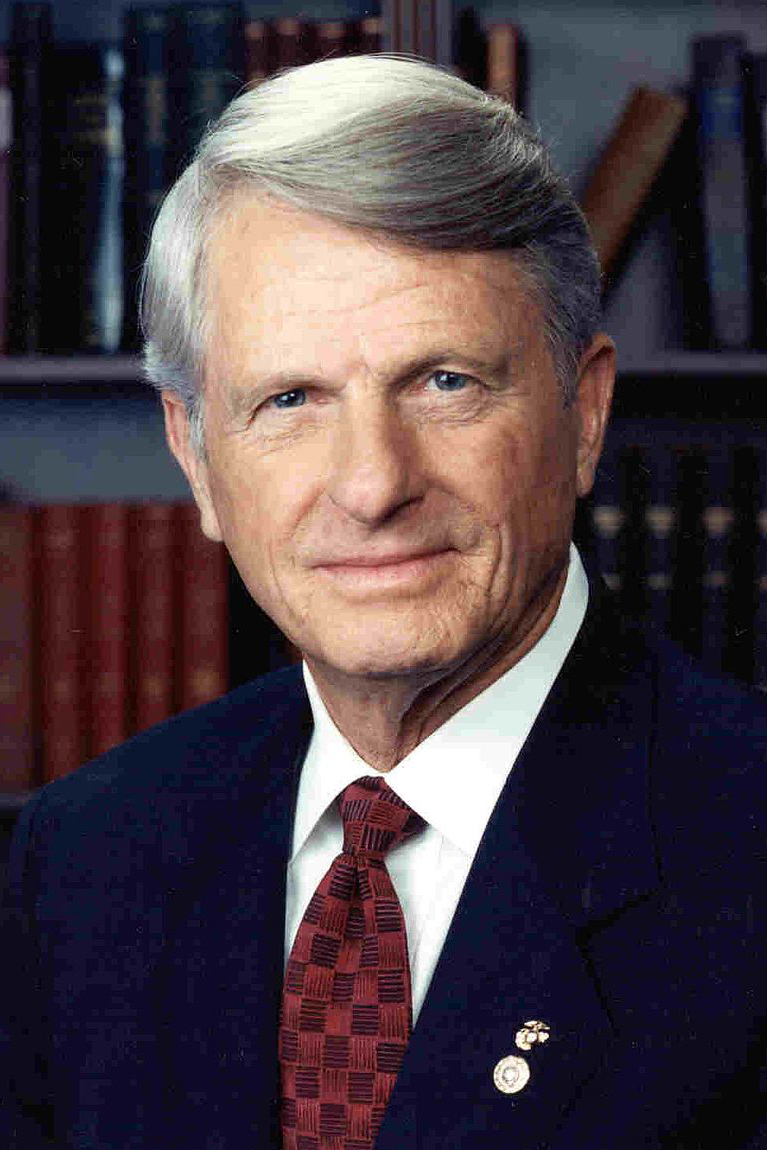
Zell Miller
Photo courtesy of the North Georgia Conference.
Zell Miller
A governor and senator who counted presidents among his friends, Zell Miller knew his way around the halls of U.S. power. However, friends remembered him more simply as a “Methodist and Marine,” The Associated Press reported.
Miller, who served as Georgia’s governor from 1991 to 1999 and U.S. senator from 2000 to 2005, was a Democrat with an independent streak. He famously crossed party lines to support the re-election of fellow United Methodist, President George W. Bush.
Miller died March 23 at the age of 86. Three former U.S. presidents — Bush, Bill Clinton and Jimmy Carter — spoke at his funeral at Peachtree United Methodist Church.
“His life is a testament to all that is good, and all that is possible, in this country we love,” Bush said in his eulogy. “He lived out the Marine Corps creed, Semper Fidelis — always faithful — faithful to our country, faithful to his family, faithful to his faith.”
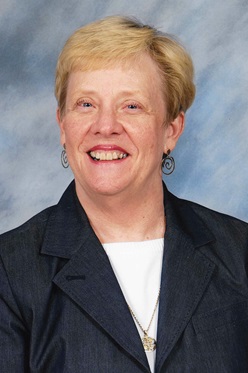
The Rev. Barbara Harper
Photo courtesy of the North Alabama Conference.
The Rev. Barbara Harper
Rows and rows of female clergy sat together at the funeral of the Rev. Barbara Harper to bear witness to the legacy of the trailblazing United Methodist pastor.
Harper, who died March 30 at age 71, was the first woman district superintendent in the North Alabama Conference. Today, the conference is led by a woman, Bishop Debra Wallace-Padgett.
Harper told the Birmingham News in 1994 that nobody told her she could be a pastor and nobody told her she couldn’t. When her husband, Mike, was completing a doctoral program at Southern Methodist University’s Perkins School of Theology, Harper decided also to take classes at the United Methodist seminary.
“She paved the way and opened the door and did it in a very grace-filled way,” said the Rev. Sally Allocca told AL.com. Alloca is senior pastor of East Lake United Methodist Church in Birmingham. “She did not claim to be anything beyond humble.”
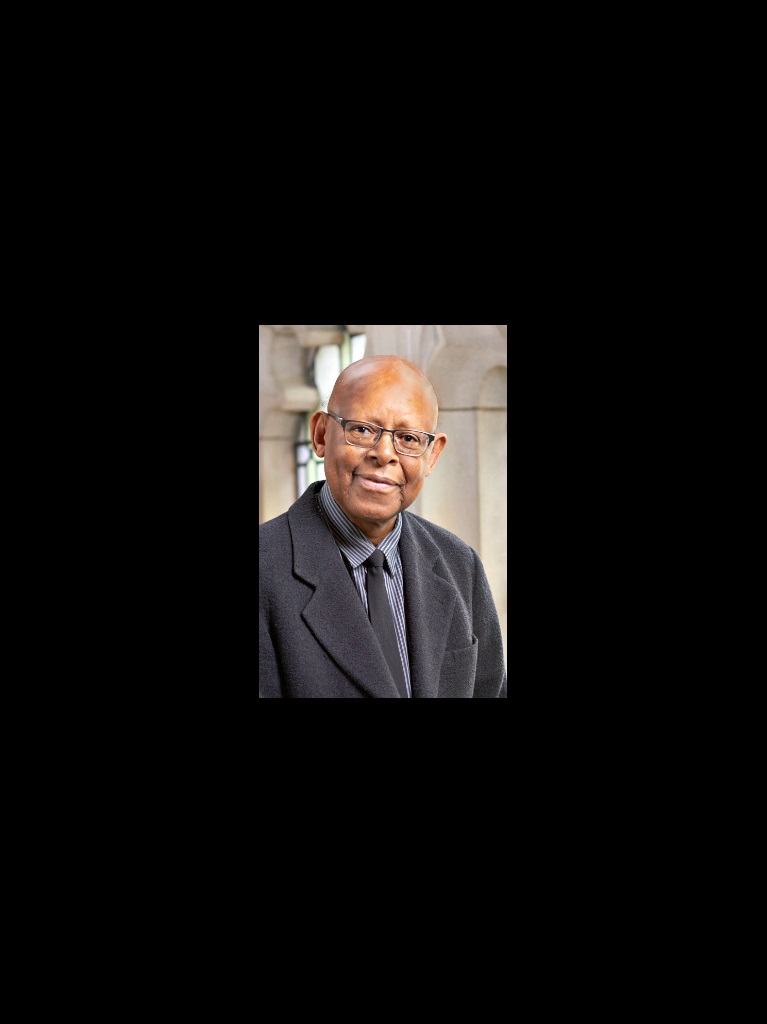
The Rev. James Cone
Photo courtesy of the Council of Bishops.
The Rev. James Cone
The Rev. James H. Cone, a leader in developing black liberation theology, helped Christians read Scripture in a different way. He championed racial justice and advanced an interpretation of the Christian Gospel that elevated the voices of the oppressed.
Ordained in the African Methodist Episcopal Church, Cone had United Methodist ties. He graduated from United Methodist-related Philander Smith College in Little Rock, Arkansas, and what is now Garrett-Evangelical Theological Seminary in Evanston, Illinois.
To the New York Times, he described the theology he taught as combining the views of the Rev. Martin Luther King Jr. and Malcolm X. He was still a distinguished professor at Union Theological Seminary in New York at the time of his death on April 28 at age 79.
The United Methodist Council of Bishops, which was meeting when Cone died, sent a letter to Union celebrating his legacy.
“There are those who enter a field of study and contribute to it, enhance what has already been offered, or expand a particular aspect of the work,” wrote Bishop R. Ough, the bishops’ immediate past president. “And, then there are those who enter a discipline and thoroughly forge an entirely new pedagogical stream. That is the gift and legacy of the Rev. Dr. Cone.”
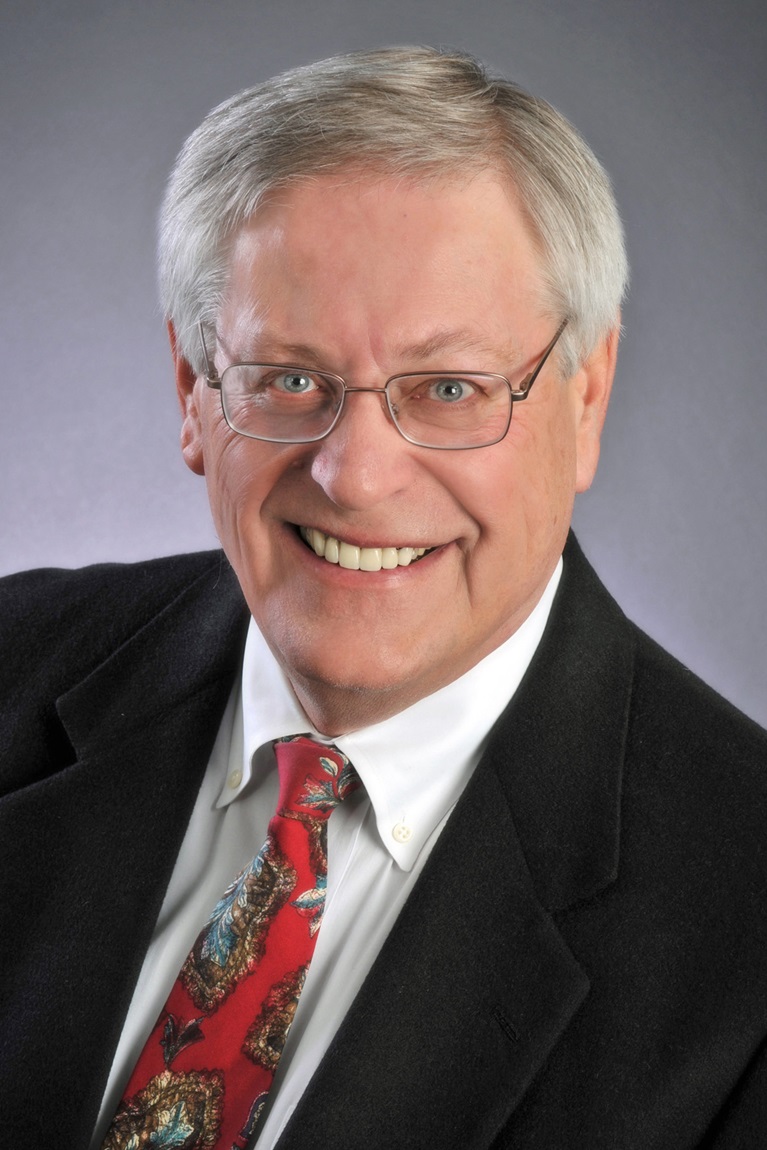
Jim Argue Jr. Photo courtesy of the United Methodist Foundation of Arkansas.
James B. “Jim” Argue Jr.
Jim Argue, the son of a United Methodist pastor, left his mark on Arkansas governance and his beloved United Methodist Church. He died May 3 after a recent diagnosis of kidney cancer.
As a member of the Arkansas legislature for 18 years, Argue led reforms to the state’s education system. After the state Supreme Court ruled that the state didn’t adequately fund schools, Argue — then chair of the Senate Education Committee — headed the state’s effort to change school standards and funding. In 2005, the Democrat was chosen the Senate’s president pro tempore.
He not only was a steward of state resources but also the church’s. During his 37-year tenure as president of the United Methodist Foundation of Arkansas, the foundation assets grew from $67,000 to $164 million. Those funds support United Methodist ministry.
He also served on the board of the General Council on Finance and Administration, the denomination’s finance agency. In 2017, United Methodist-related Hendrix College in Conway, Arkansas, named him a distinguished alumnus. The Arkansas foundation decided to name its new headquarters in his honor.
“Jim spent most of his life as a servant encouraging others’ desire to provide resources necessary to live into their potential for service to God,” says the foundation’s plaque dedicating the building. “Though his physical presence has ended, the differences he made — all focused on creating the world he believed God intends for us — will continue forever.”

A. James Armstrong
1983 UMNS file photo.
A. James Armstrong
A. James Armstrong gained national prominence as an anti-war and civil rights activist, an ecumenical leader and a preacher whose commitment to Christ was admired even by some who disagreed with his political views.
He followed his father and grandfather into Methodist ministry and at 43, became the youngest episcopal leader elected at the time. He went on to help bring the explosive 1973 standoff at Wounded Knee, between American Indian Movement leaders and the federal government, to a nonviolent conclusion.
But his standing as a bishop and a national leader came to an abrupt end in November 1983, when Armstrong resigned as president of the National Council of Churches. He cited exhaustion and a heavy workload. He also admitted to an affair. He quickly resigned his position as bishop of the Indiana Episcopal Area, and the then South Indiana Conference revoked his clergy credentials.
Still, it’s for his guidance as a mentor and his work for justice that a number of United Methodists most remember Armstrong, who died July 17 at age 93.
“He was committed to developing leaders,” Dakotas-Minnesota Area Bishop Bruce Ough said. “He always was watching and looking for places where he could not only identify but then empower pastors and lay leadership to take on significant tasks.”
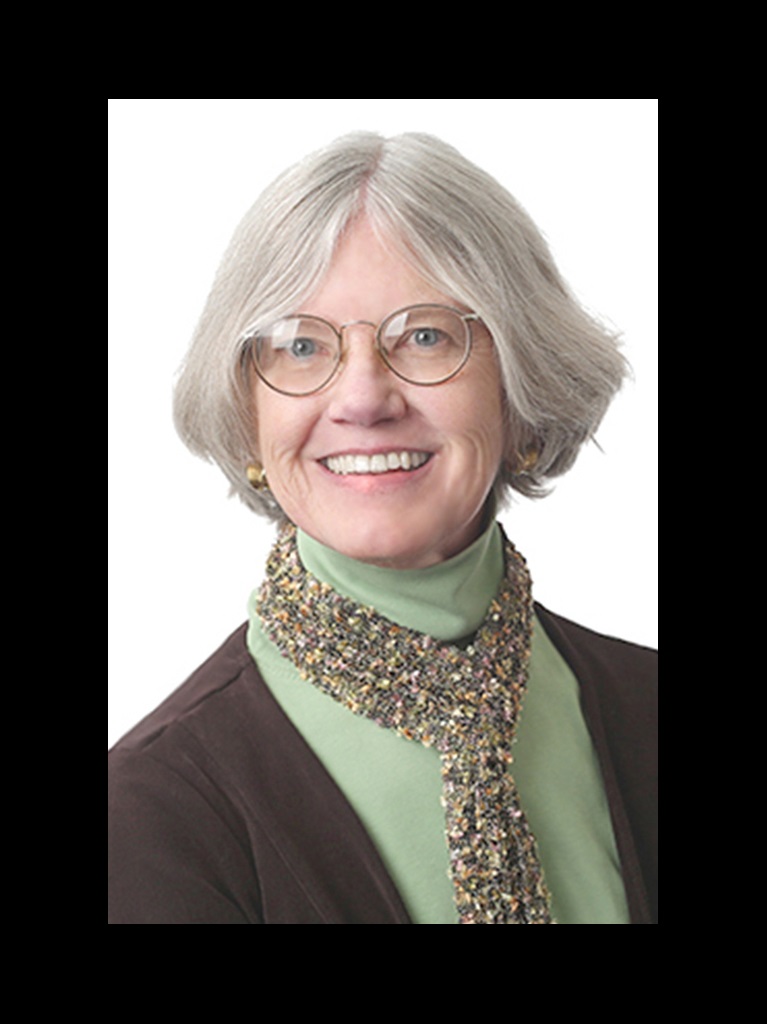
Mary Catherine Dean
Photo by Ron Benedict.
Mary Catherine Dean
If you have referenced the United Methodist Book of Discipline or Book of Resolutions in recent years, you can thank Mary Catherine Dean.
As associate publisher at the United Methodist Publishing House, she oversaw the publication of these books of denominational policy and social teachings. She also oversaw the publication of worship resources, Christian curriculum as well as the Advance Daily Christian Advocate and Daily Christian Advocate, which contain the legislation and proceedings of General Conference.
Dean, an ardent Catholic, joined the staff of publishing house in 1983 and served as editor of scores of Abingdon Press authors including James W. Moore, who wrote “Yes, Lord, I Have Sinned” and other best sellers. She retired Jan. 26 this year but continued to help guide the new United Methodist Hymnal project. She died of cancer July 23 at the age of 65.
“Mary Catherine’s incisive humor, expansive intellect, uncommon competence, capacity for loyalty and easy kindness were expressed in her outstanding professionalism, love for our ministry, respect for her colleagues and full-hearted servant’s spirit,” said Neil Alexander, the Publishing House’s president and publisher emeritus.
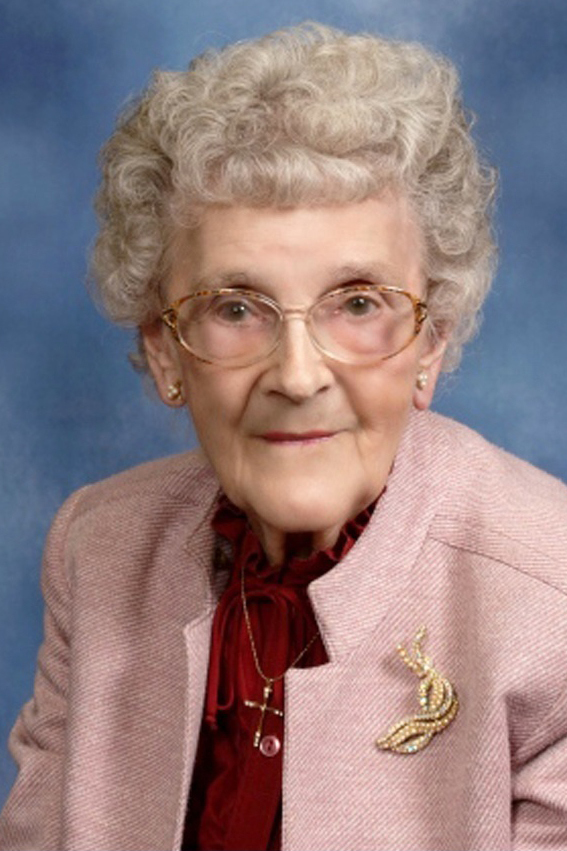
The Rev. Grace E. Huck
Photo courtesy of the Dakotas Conference.
The Rev. Grace E. Huck
The Rev. Grace E. Huck, who died Aug. 12 at age 102, was a true pioneer who grew up on the open plains and attended a one-room school. From that little schoolhouse on the prairie, Huck grew to be another kind of pioneer — one of the first women to become a full member of a United Methodist annual conference.
Huck was among the 27 women accepted in the Methodist Church with full clergy rights in 1956.
She served as pastor in churches throughout the Dakotas Conference. She also served as a missionary in the Philippines, where she taught and became the dean of students at Harris Memorial College. A three-story women’s dormitory at the college, which trains deaconesses, is named in her honor.
Her book “God’s Amazing Grace” chronicles her life experiences.
“Pastor Grace was MY pastor,” wrote the Rev. Scott McKirdy, who serves Spearfish United Methodist Church, which hosted Huck’s funeral. “She was also the pastor of thousands across the face of the globe and across the span of time. I love all the people who have had the privilege of knowing that Grace was their pastor, but today I am very specifically thankful that she was MINE.”
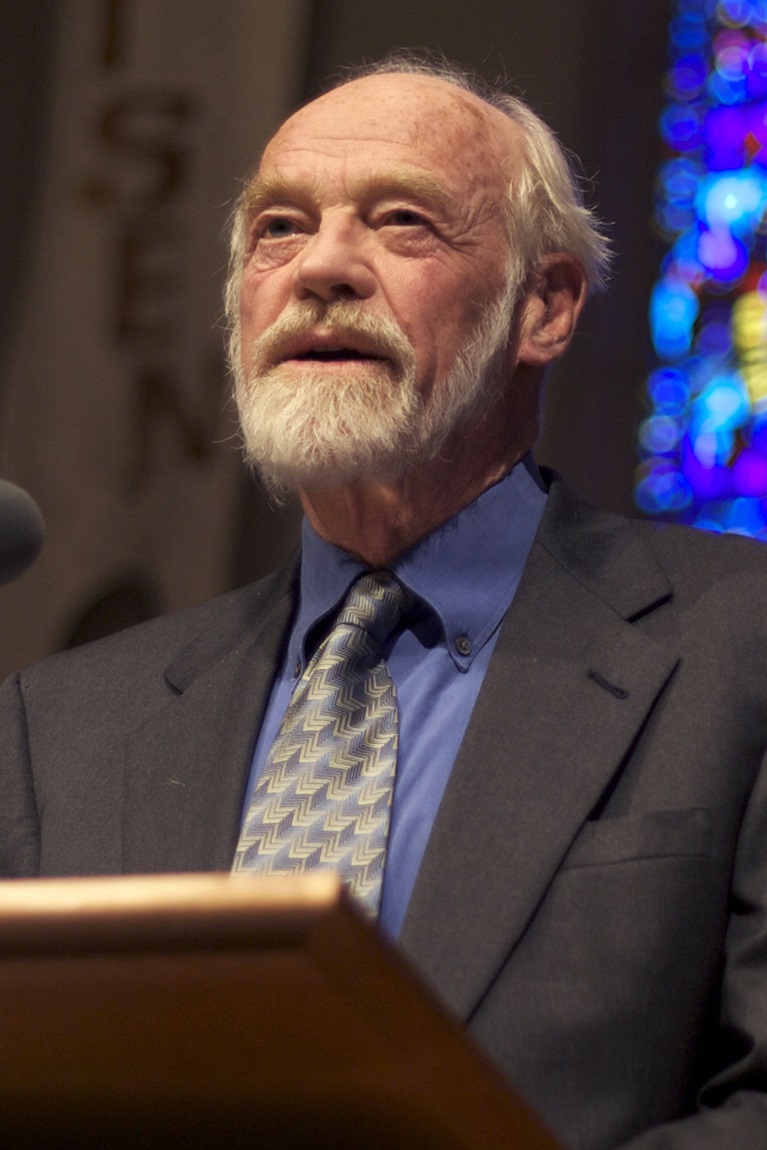
The Rev. Eugene Peterson
File photo by Clappstar, courtesy of Wikimedia Commons.
The Rev. Eugene Peterson
The Rev. Eugene H. Peterson, with "The Message: The Bible in Contemporary Language", brought Scripture to new audiences and helped longtime Bible readers see familiar passages with fresh eyes.
In Peterson’s paraphrase of John 1:14, “The Word became flesh and blood, and moved into the neighborhood.”
The scholar and pastor, who died Oct. 22 at 85, went back to the Hebrew and Greek to do his own paraphrase with the aim of being both colloquial and free of cliché. He also penned more than 30 other books that have influenced Christians well beyond his home Presbyterian Church (USA).
“I think he devoted his whole life to ensuring that the Bible remained the living word of God rather than an object,” said the Rev. Anna Petrin, assistant professor of worship and chapel elder at United Methodist Wesley Theological Seminary.
“The Bible in Eugene Peterson’s eyes was always a source of revelation, of transformation and of life.”
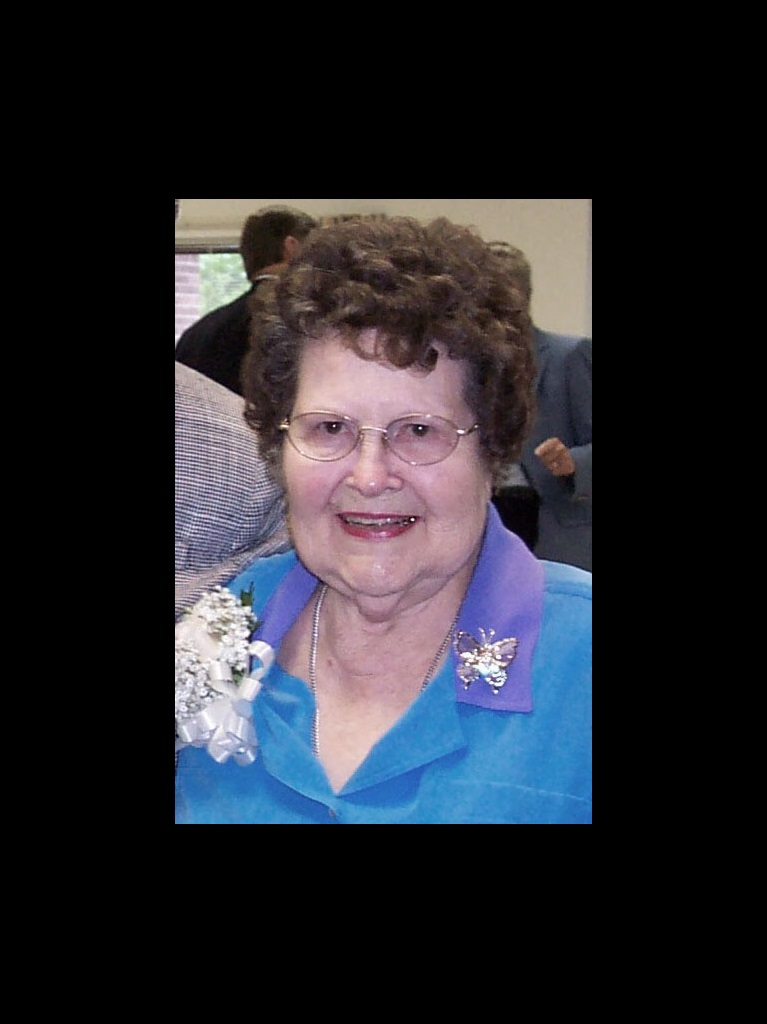
Mary Ann Hunt
Photo courtesy of The Mountaineer.
Mary Ann Hunt
Mary Ann Hunt, wife of the late United Methodist Bishop Earl G. Hunt Jr., passed away Nov. 10 at the age of 98.
The Tennessee native taught in elementary schools in Johnson City, Tennessee; Decatur, Georgia and Chattanooga, Tennessee, during her husband’s early ministry. Active in women and youth ministries, she also directed the first junior camp for the Holston Conference.
In 1957, she joined her husband when he became president of United Methodist-related Emory and Henry College in Emory, Virginia. She also joined him through his multiple moves as bishop, starting in 1964.
The bishop would go on to lead conferences in the Charlotte Area in North Carolina, the Nashville Area in Tennessee and the Florida Area, before retiring in 1988. He then served as president of the Foundation for Evangelism in Lake Junaluska, North Carolina, with Mary Ann Hunt by his side.
Retired Bishop Lawrence McCleskey, who helped officiate at her memorial service, recalled how she was always willing to open the family’s home — especially to African-American visitors who often found no other welcoming accommodations in the South. She also made a point of providing support to district superintendents’ wives and McCleskey’s mother, who moved into the same retirement community as the Hunts.
“She took it on herself to be a support person, a friend,” McCleskey said. “That was a role she relished.”
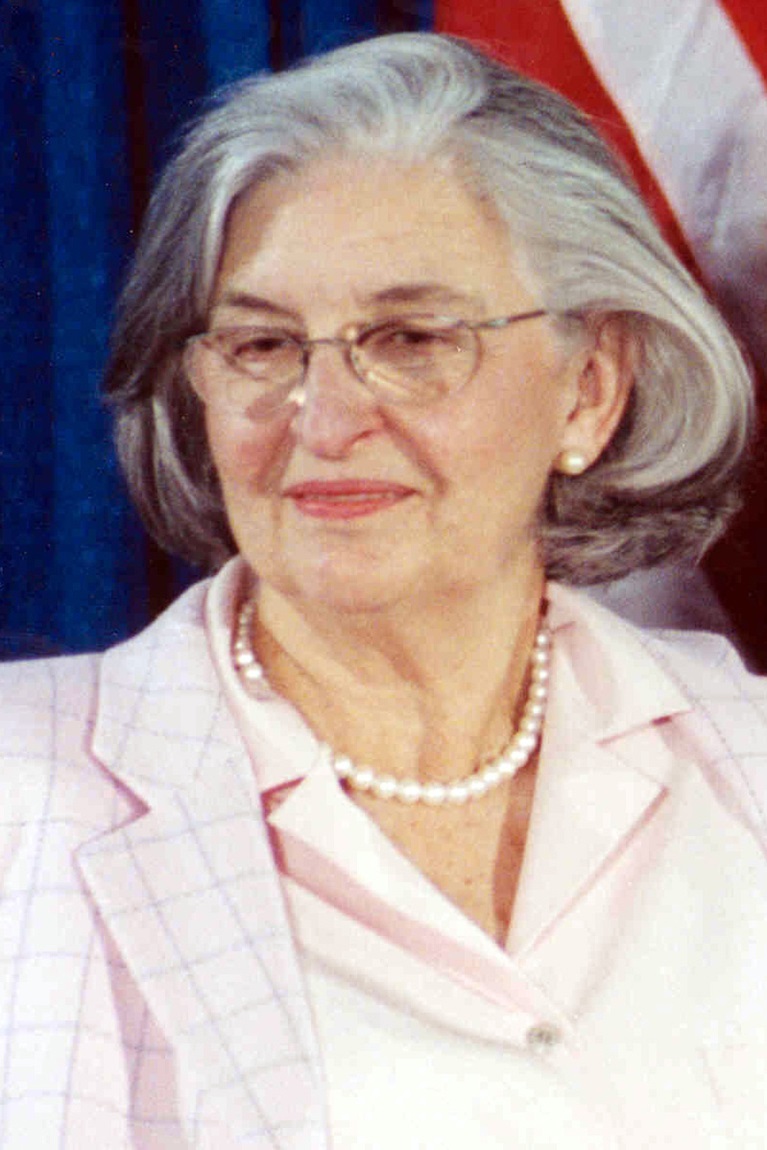
Betty Bumpers
1999 photo courtesy of the U.S. National Institutes of Health.
Betty Bumpers
Betty Lou Flanagan Bumpers, known for her efforts to promote childhood immunization and world peace, died Nov. 23 at her home from complications related to dementia and a broken hip. The United Methodist was 93.
After Dale Bumpers, her husband, became Arkansas governor, the new first lady took on the task that first made her famous. She organized an effort to increase childhood immunization rates in the state, which were among the lowest in the country at that time. Based on the effort’s success, she began speaking to other governors’ wives about increasing immunization levels.
One of those state first ladies was Rosalynn Carter. After Dale Bumpers was elected a U.S. senator in 1974 and Jimmy Carter was elected President in 1976, the two friends took their immunization campaign to the national stage. The women later teamed up to create the nonprofit group, Every Child By Two, now called Vaccinate Your Family.
In 1982, Bumpers and other congressional wives founded Peace Links to help American women former friendships with women in the Soviet Union based on shared concern for their families. Bumpers also served on the boards of many other organizations, including the U.S. Institute of Peace, the United Methodist Higher Education Foundation and United Methodist-related Hendrix College in Conway, Arkansas.
“Betty Bumpers was more than a friend to me. She was an inspiration,” wrote Rosalynn Carter in note read at Bumpers’ memorial service at First United Methodist Church in Little Rock.
“For more than 40 years, I have admired her steadfast determination to ensure that America’s children are safe from vaccine-preventable diseases. Betty did more than any other person in this country to prevent unnecessary suffering of children from diseases like measles, mumps and diphtheria.”
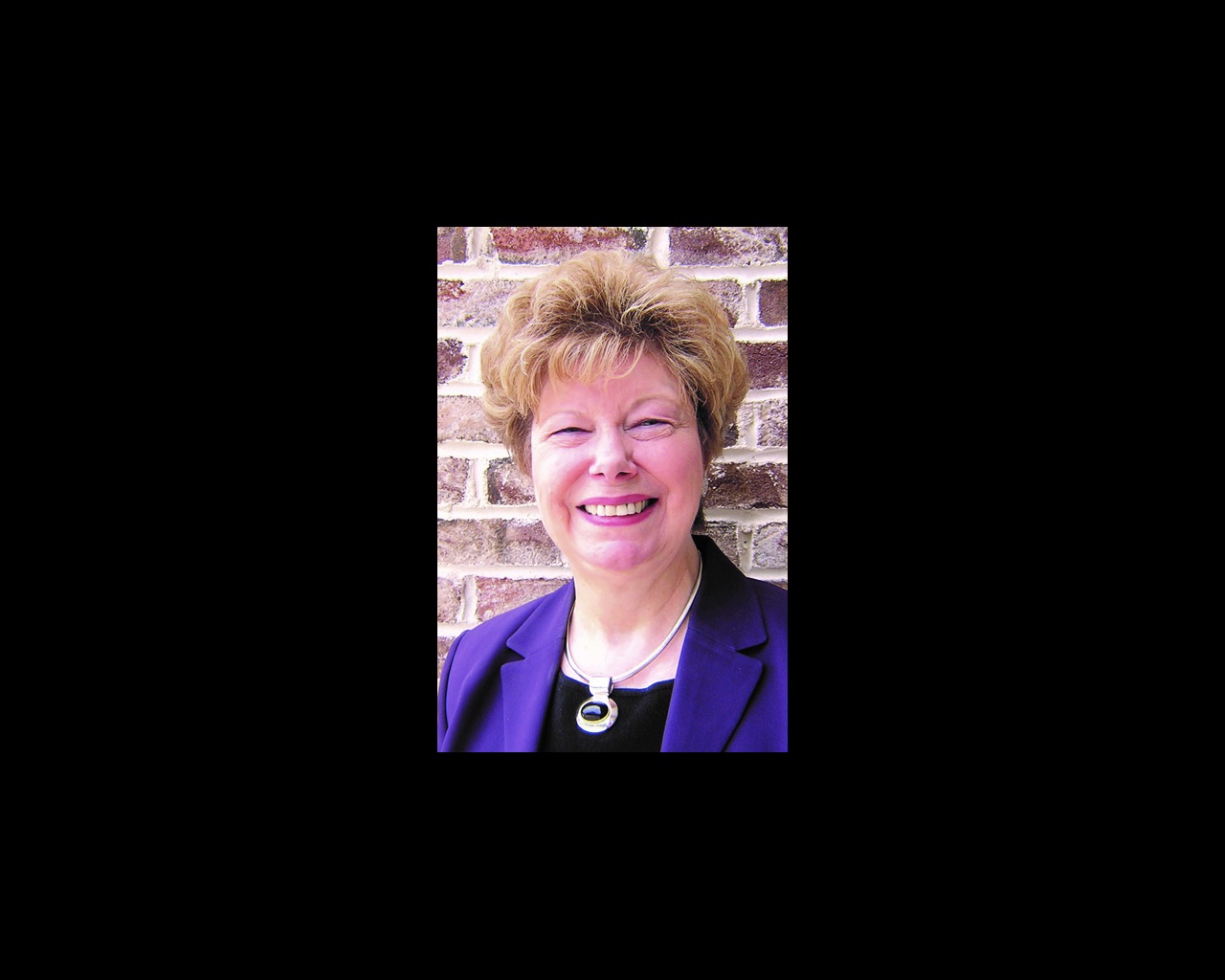
June Willson
Photo courtesy of the South Carolina Conference.
June Willson
United Methodists far beyond June Willson’s home South Carolina Conference claim her as a mentor and inspiration in their faith development.
Willson’s ministry with the youth in local churches and ultimately with the South Carolina Conference spanned more than four decades. She died Dec. 2 at age 73 after a long battle with a degenerative disease.
Willson took her passion for youth ministry to the conference level in 1980. She served as youth coordinator for the conference’s council on ministries (now connectional ministries) from 1980 to 1993, when she became associate director for youth and age-level ministries. She retired in 2008, having served also as a congregational specialist.
Today, adults across The United Methodist Church speak of Willson as a shepherd, friend and second mom. Some also call “Mrs. June” a troublemaker.
“She created holy trouble at every turn — calling the church to be better and throwing open as many doors as she could for young people around our state,” Johannah Myers told the South Carolina Conference. Myers, a former intern with Willson, is now director of Christian formation at Aldersgate United Methodist Church in Greenville.
“She drew in kids from large churches and small ones, from big cities and rural towns, and gave them all the opportunity to lead.”
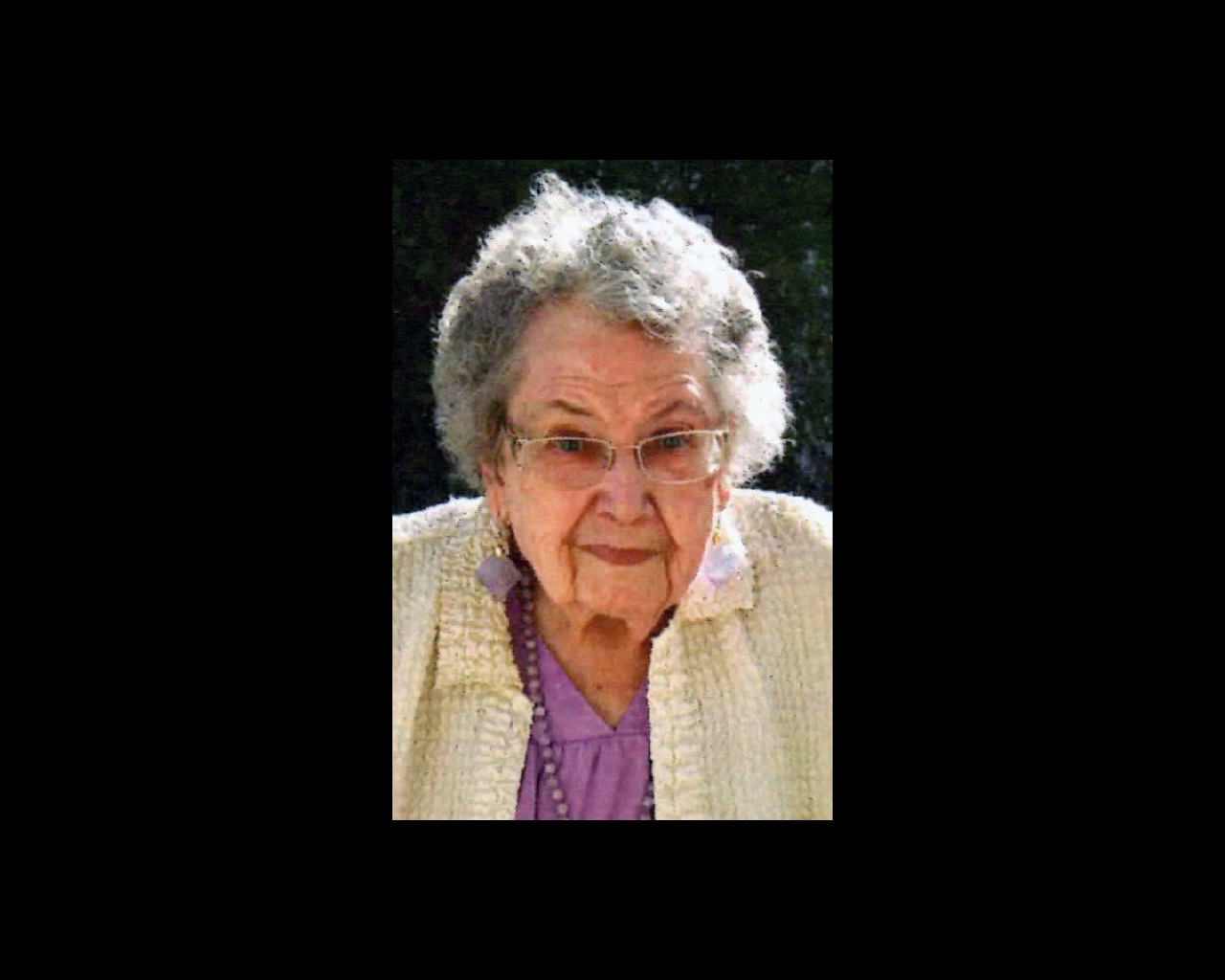
Elizabeth "Betty" Gundlach
Photo by Annie Gomm, Riviera United Methodist Church.
Elizabeth B. “Betty” Bauder Gundlach
Betty Gundlach served The United Methodist Church at all levels from local congregations to the denomination’s highest court.
Gundlach, who died at age 91 on Dec. 7 in Rancho Palos Verdes, California, was among one of the first women elected to the United Methodist Judicial Council. She served on the church court for 16 years before stepping down in 1992.
In addition to her church service, she was a wife, mother of three daughters and civic leader. In 1948, a year before graduation, she married fellow University of Buffalo Law School classmate George K. Gundlach. Together they moved to Springville, New York, where she served eight years as police justice for the village, hearing cases involving traffic, noise violations and other local issues. The couple, who had three daughters, were married for 63 years before her husband’s death in 2011.
“She made significant contributions in discussions in the council and wrote very good draft opinions,” said Sally Curtis AsKew, who served with Gundlach on the Judicial Council from 1988 to 1992.
Gundlach’s daughter Mary Ross added: “She took seriously her faith and acting justly. She was quite the role model for many.”
Hahn is a multimedia news reporter for United Methodist News Service. Contact her at (615) 742-5470 or newsdesk@umcom.org. To read more United Methodist news, subscribe to the free Daily or Weekly Digests.
Like what you're reading? Support the ministry of UM News! Your support ensures the latest denominational news, dynamic stories and informative articles will continue to connect our global community. Make a tax-deductible donation at ResourceUMC.org/GiveUMCom.

